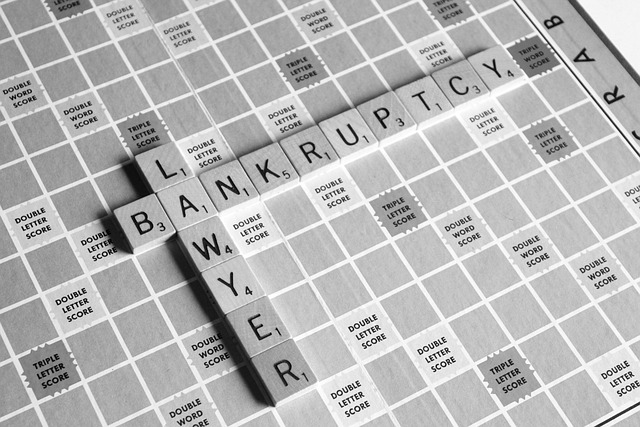Driving without insurance after a car accident exposes you to severe legal and financial risks, including loss of license, high out-of-pocket expenses, and potential lawsuits. Many states require an SR-22 form to prove financial responsibility, protecting against claims for injuries or property damage. Consulting a lawyer is crucial for navigating disputes and seeking compensation or alternative solutions to mitigate losses from car accidents without insurance.
In the event of a car accident, lack of insurance can have severe repercussions. This comprehensive guide delves into the implications of being involved in a collision without coverage, highlighting critical aspects often overlooked. We explore what an SR-22 form is and why it’s mandatory post-accident, providing insights on managing financial responsibilities when insurance is absent. Understanding these key elements is essential for drivers to navigate challenging situations smoothly.
- Understanding Car Accident No Insurance Implications
- What is an SR-22 and Why is it Necessary?
- Navigating Financial Responsibilities Without Insurance
Understanding Car Accident No Insurance Implications

When involved in a car accident, having no insurance can significantly impact your future. In many jurisdictions, driving without insurance is considered a breach of contract with your state and can lead to severe legal consequences. Not only are there financial implications, but it may also affect your ability to obtain a driver’s license or register your vehicle in the future. A car accident lawyer can help navigate these complex issues, as well as represent you if any business litigation arises from the incident.
The lack of insurance during an accident can create a legal and financial liability. It’s essential to understand that being uninsured not only endangers others on the road but also leaves you vulnerable to costly out-of-pocket expenses for damages caused in the accident. This situation demands immediate attention, as it could set off a chain of events that requires professional legal assistance, especially if third-party claims or lawsuits are involved.
What is an SR-22 and Why is it Necessary?

After a car accident, especially when involved parties lack insurance coverage, an SR-22 form becomes a crucial legal requirement. This document, known as the Certificate of Financial Responsibility, is mandated by many states in the U.S. to ensure that drivers with uninsureable risks can still meet financial obligations arising from potential auto accident injuries or wrongful death claims. In essence, it serves as proof that the driver has met the state’s minimum financial responsibility standards.
Without an SR-22, individuals who have been involved in a car accident without insurance face significant challenges. They might struggle to cover medical expenses related to auto accident injuries and could potentially be held liable for damages in case of a subsequent collision. This is particularly important given that product liability claims can also arise from vehicle defects, adding another layer of financial exposure. Consequently, securing an SR-22 is not just a legal necessity but also a protective measure for individuals who find themselves in the unfortunate situation of a car accident no insurance.
Navigating Financial Responsibilities Without Insurance

When involved in a car accident with no insurance, individuals often face significant financial responsibilities and legal complexities. Without proper coverage, victims may be held accountable for paying medical bills, property damage repairs, and even the other driver’s losses directly from their own pockets. This can lead to substantial economic strain, especially if the at-fault driver is uninsured or has minimal liability coverage.
In such scenarios, consulting an experienced auto accident lawyer becomes crucial. Legal professionals specializing in these matters can guide victims through the process of navigating contract disputes and ensuring they are not unduly penalized. They can help mitigate financial losses by advocating for fair compensation and exploring alternative solutions, such as representing victims in civil lawsuits against at-fault parties or their insurance companies to recover costs associated with the accident.
In the event of a car accident with no insurance, understanding the implications and navigating the financial responsibilities can be challenging. The absence of coverage highlights the critical need for SR-22 forms, which ensure compliance with legal requirements post-accident. By recognizing the significance of these documents, individuals facing such scenarios can begin to manage potential outcomes effectively, ensuring they meet their obligations and protect themselves from further complications.






